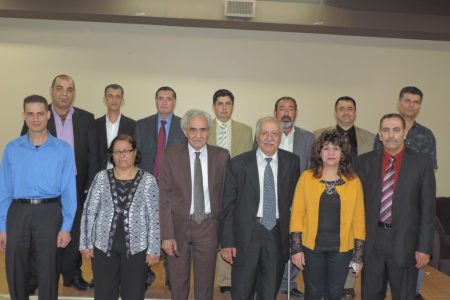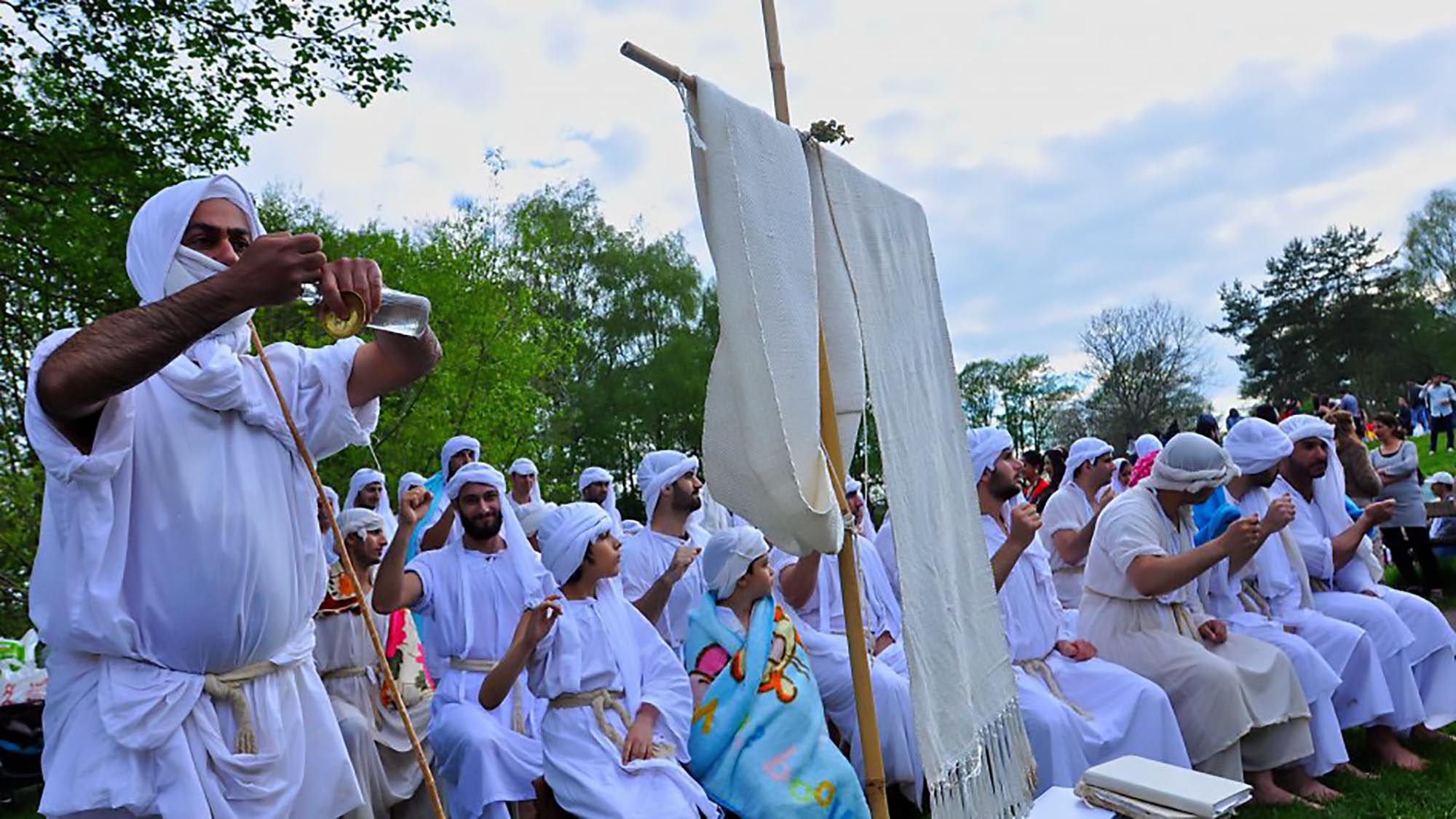There are about 260 Mandaean Iraqi refugees living in Worcester, most coming within the past five to eight years, but while they call the city home, there is something missing. Actually, there are many things missing. A community of people the Mandaeans may be, but they are finding it difficult to assimilate themselves. From conducting baptisms, as is their custom, to filling out the proper tax exemption forms – community leaders here are asking for help in truly making Worcester their home.
“When we arrived here, they told us you are a free people in a free country,” says Saffaa Mhawi, who runs an organization called Haimnotha, or “the faith,” out of a small office they use for free at Central Las Americas on Sycamore Street. “We want to [do] our baptisms, our ceremonies, everything. We want to do it here.”


